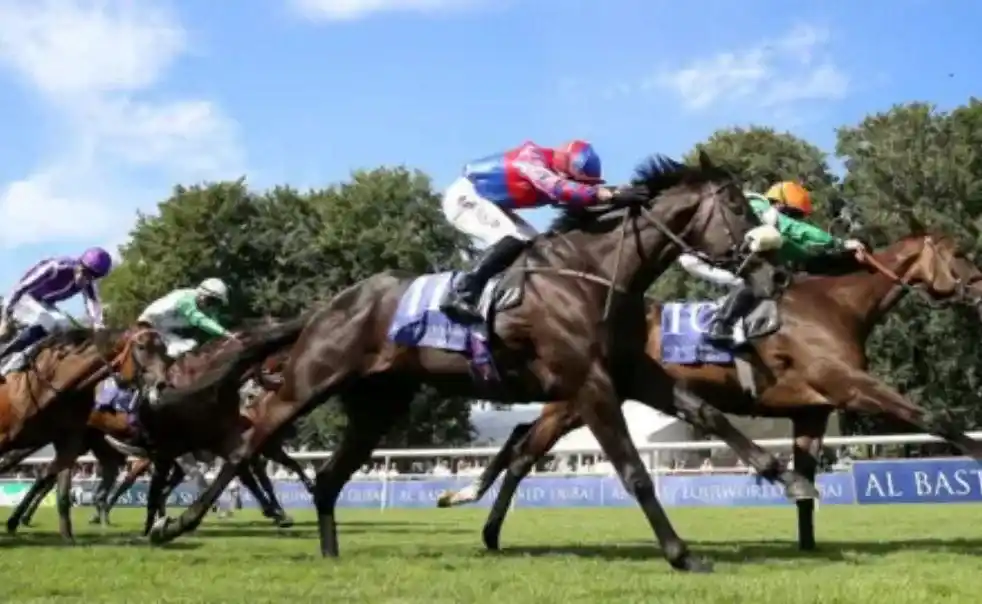Tax Rise Fears Put UK Horse Racing Industry at Risk

Elle
Sep 24th 2025
Likes
Share:
The future of British horse racing faces uncertainty as industry leaders warn that a possible increase in playing tax could cause significant financial damage. Concerns grew after reports suggested that the government may raise the current 15% levy on online horse racing bets to 21% in the upcoming November budget. The proposed change would align horse racing betting with the higher rate imposed on online casinos and other internet gambling activities.
Thomas Savill, director of Plumpton Racecourse in East Sussex, said such a move would be “absolutely detrimental” to a sport already dealing with financial pressures. “Any tax increase on horse racing would be absolutely detrimental to an industry that’s really struggling at the moment,” he said. According to Savill, higher taxes would reduce investment from owners and sponsors, leading to fewer horses in competition and a weaker racing calendar. He urged the government to look at online casinos, which he described as enjoying “pretty much pure profit,” as a more appropriate target for raising revenue.
The British Horseracing Authority (BHA) has also voiced strong opposition. The organisation warned that the sector could lose up to £330 million over five years if the levy is raised. This figure includes losses in prize money, sponsorship, and betting turnover. The BHA estimated that thousands of jobs could be at risk within the first year of any tax hike. Trainers, jockeys, stable staff, and support services such as catering and hospitality could all face redundancies if the funding gap widens.
The British Horse Racing Authority (BHA) staged a demonstration near the Houses of Parliament to signal their disapproval of a potential rise in the betting levy only a few days back. Not only were the chief jockeys, trainers, and racehorse owners present at the event, but they were also holding placards that read “Axe The Racing Tax”. The protest was timed to coincide with a one-day strike in the British horse racing industry, which led to the cancellation of several meetings. Industry spokespeople have gone on to say that if the betting levy were to be increased, it would become more difficult to keep the levels of prize money at the level of competition, which is the main reason for attracting new owners and retaining the training of horses.
One more issue is that bookmakers might react by giving their clients less attractive odds. If the companies that accept bets decide on lower margins because of higher taxes, they may change their prices so as not to lose any of their profits. With this, there may be a drop in betting, which, as a result, will decrease the amount of money that goes back to horse racing. While spectators placing bets at racecourses would not be directly affected, the on-course market remains tax-free, and the wider online betting sector provides the bulk of funding for the sport.
Despite these warnings, the government has sought to calm fears. Exchequer Secretary to the Treasury Dan Tomlinson dismissed speculation about a confirmed tax rise. “The chancellor has been clear that speculation on tax rises is not only inaccurate but also irresponsible,” he said. “We have not announced an increase in the tax on horse racing, and racecourse betting currently gets a 100% tax break, which we have no plans to change,” Tomlinson added. Horse racing holds a special place in British culture and is the only sport that benefits from a government-mandated levy. He said the wider gambling review is aimed at “levelling the playing field and simplifying the system,” with consultations ongoing to understand any potential impact on the industry.
At a time when British horse racing is facing a downturn, the discussion is about the sport’s pros and cons. The prices have escalated, while the number of visitors at some meetings has decreased, and the sport has had to face competition from other entertainment sources. Consequently, racecourses, along with betting operators, are in a tricky position. Besides that, the chance of a rise in the betting levy is bringing anxieties to trainers, owners, and race enthusiasts, who are speculating about the sport’s forthcoming days.
So far, a decision has not been finalized. The Treasury still holds that the budget to be released in November will give details of any changes and that the present consultations will also entail talks with the industry stakeholders. Although the administration has declared that there is no plan to increase taxes, the racing leaders argue that just a proposal of a rise will generate turmoil in their sector. Both owners and bookmakers might be reluctant to put their money into the industry if there is no certainty about the situation.
The industry is seeking confirmation as their lives and money worth millions are on the line. It is through the release of the budget that we will see if the government will accept the concerns of the industry and give them a levy that is higher or not.
